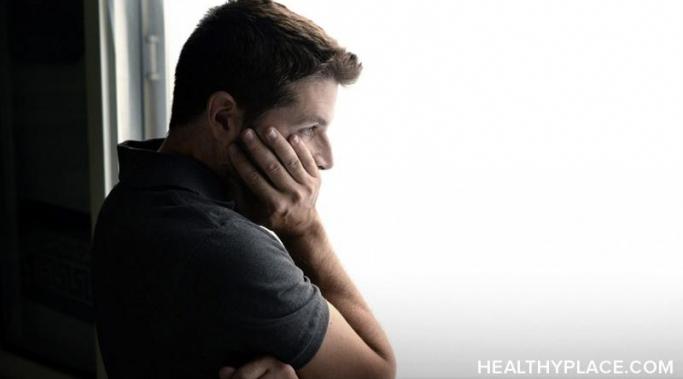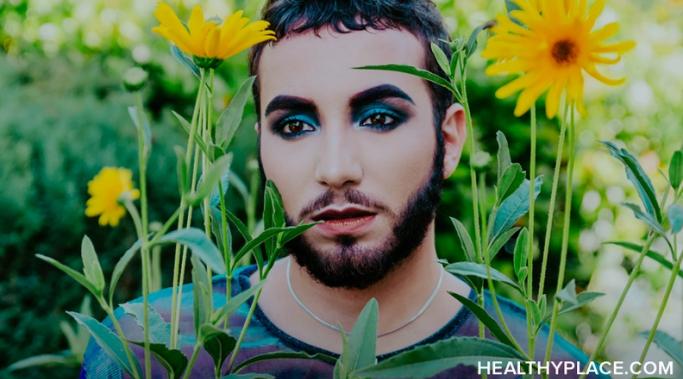Blogs
Changes in technology and social norms create anxiety for people like me who avoid social media as much as possible. In previous posts on this blog, I’ve discussed my aversions to social media and how it almost certainly exacerbates anxiety. I’ve discussed ways to structure my life in order to better live with those aversions.
When it comes to my own mental health and eating disorder recovery, a lack of joy is one of the main indicators that I am not in a stable headspace. As I have learned, an eating disorder is a thief of joy, so when I feel overwhelmed by chaos and unable to see pockets of joy, it's a sign that I need to recalibrate.
I've been writing about eating disorder recovery with HealthyPlace for just over a year now, and during my time with this wonderful community, I've learned so much about myself, the community members, and more about my disease than I thought possible. It's been unforgettable. However, late last year, I began to suffer from something that is common to those of us who write about our trauma.
I've come up with many different mantras for recovery in the past few years, and even though it might feel like they're just words, I've noticed that they actually make a huge difference in how I feel about myself and my recovery journey. Today I want to share some of those mantras with you, and I hope at least one of them strikes a chord with you. If you find one you like, try repeating it to yourself any time your recovery is challenged, or even just when you get up in the morning and go to bed at night. These mantras for recovery are now yours; use them however you need.
The year 2021 has now officially kicked off, and many of us have set out to become self-harm-free. However, New Year's resolutions alone won't be enough to get us there. It's crucial to develop a practical self-harm care plan that you can reach out for in time of crisis.
Even though we belong to the same family, not all of my siblings had the same experience growing up -- one of us grew up with attention-deficit/hyperactivity disorder (ADHD). Where I had the luxury of growing up as a focused straight-A student, my brother was not so lucky. When he was diagnosed with ADHD, my family began to understand that he was different. I wanted to share this story so that the people who feel different no longer have to feel so alone.
A "Forbes" article from 2019 cites that 80 percent of New Year's Resolutions fail, sharing a number of reasons why that happens.[1] When it comes to your mental health goals, can stigma be one of the things derailing your resolutions? We're nearing the end of this first month into the new year, and I know many people will be evaluating how they're doing with their resolutions, so I wanted to take a look at this topic.
When offering help to those we know with mental health concerns, we must remember language is important. Our lesbian, gay, bisexual, transgender, queer, intersex, asexual, etc. (LGBTQIA+) community especially requires attention to language when speaking with them regarding mental health concerns. Providing space for our LGBTQIA+ community is essential in productive mental health care. We can help provide space using LGBTQIA+-inclusive language as well as being mindful of what we ask others.
I suffer from doctor anxiety. Well, I suppose I suffer from generalized anxiety, but, certainly, some of it belongs to doctors specifically. And this week, I have a great (mis)fortune of meeting two new doctors. Meeting doctors is part of healthcare and part of trying to keep yourself as healthy as possible, so, in that sense, it's a positive thing. On the other hand, the anxiety I feel around doctors is looming large.
How do we cope with anxiety during the transition to a post-COVID-19 world? For people experiencing anxiety, the return to a new normal can be really frightening and difficult. As exciting and positive as the transition may be as a whole, returning to typical social, work, or travel routines can bring with it a new set of worries or bring up old ones.









